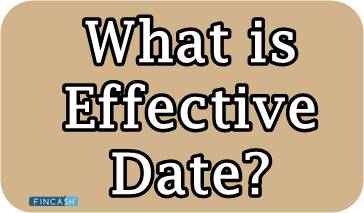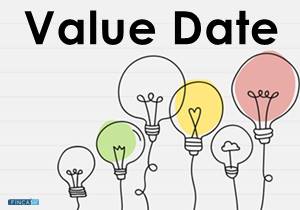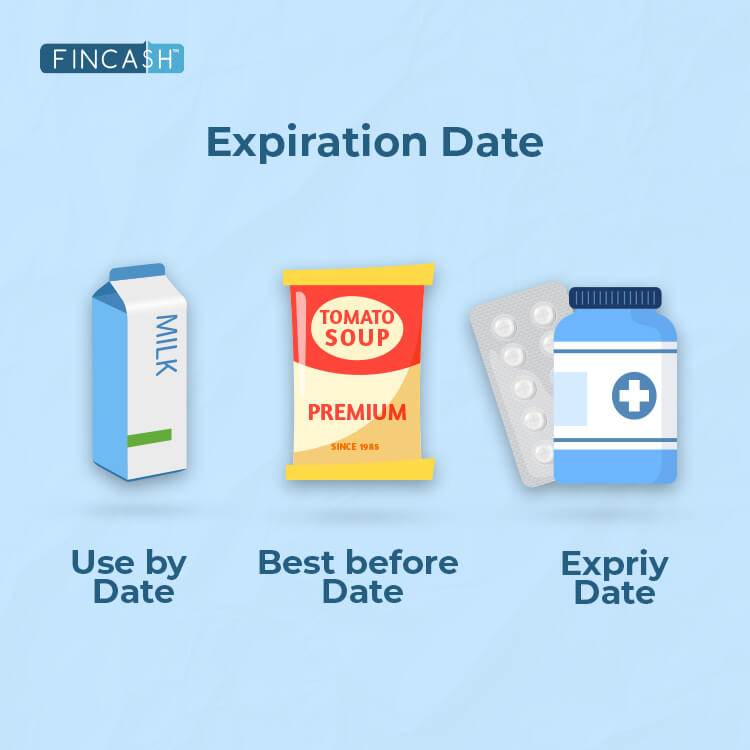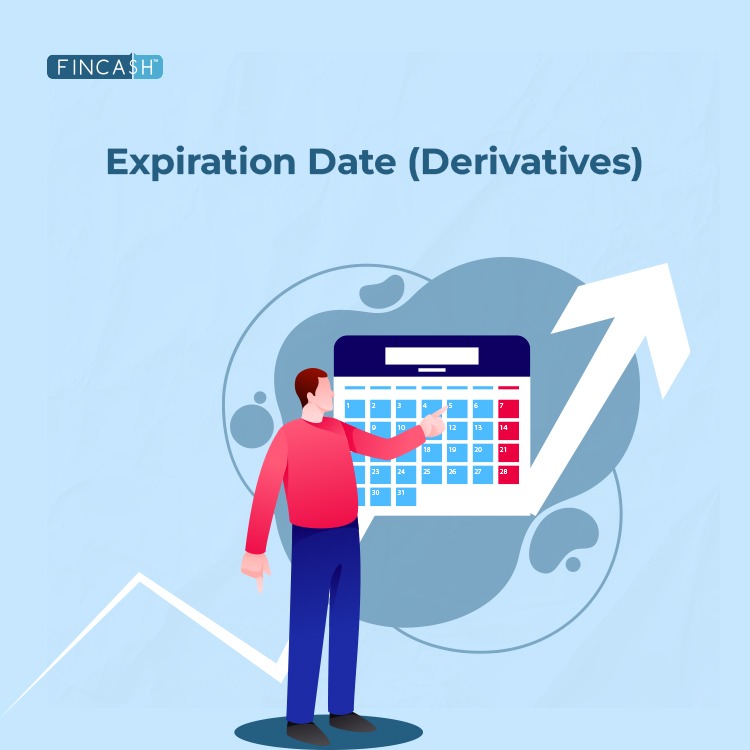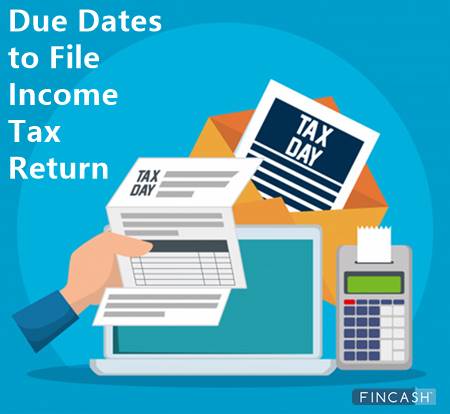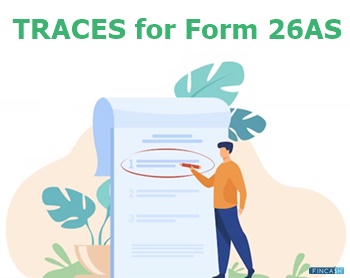What is Record Date?
Record date refers to the date set forth by an organization to identify the shareholders that qualify for the dividends and interest payments. Basically, the record date is used to find out the list of the shareholders of the company on the given date. That’s because the stakeholders of an organization that offers actively traded shares keep changing.
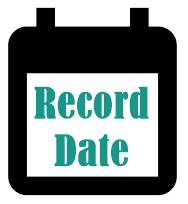
Only the shareholders that are declared as the company’s shareholders on the record date will be considered eligible for the dividends and other payments from the company. Not only for identifying the list of the company’s shareholders, but a record date is important because of its connection with the ex-dividend date. Note that once the ex-dividend date is over, the stockholder will no longer be eligible for receiving any form of dividends and payments. The meaning of record date could vary from nation to nation.
Ex-dividend and Record Date
The ex-dividend rate occurs a day before the date of record. Currently, the T+2 stock settlement procedure is followed in and around North America. This method implies that all the stock transactions will take at least 2 business days to be executed after the transaction is initiated. That’s one of the reasons why the ex-dividend rate happens a day before the record date. If someone purchased the shares of a company one day before the date of record, then the transaction will be settled the next day after the record date.
If that happens, the person will no longer be eligible for the dividends. Here, the rules can be different if the value of the shareholder’s distribution goes above 25% of the total security’s value. However, that happens rarely. Investors need to buy the stocks at least 2 days before the date of record or a day before the ex-dividend date. Let’s understand this concept with an example.
Talk to our investment specialist
Example
Suppose a company has announced a dividend of INR 200 that is payable on the 1st of July. The shares have a record date of June 10. Now that the ex-dividend date of the shares occurs a day before the record date, the ex-dividend date here would be June 9. If you want to qualify for the dividends and other distributions the shareholders of the company are entitled to receive, then you must buy the shares before the ex-dividend and record date.
Let’s say you bought the shares of this company on June 8, i.e. a day before the ex-dividend date. Now that the payment will be settled two days after your purchase, you will be eligible for the dividend. In this case, your payment will be settled on June 10, which is the record date. However, if you buy the stocks on the ex-dividend date, your payment will be due on June 11, i.e. a day after the record date. You will no longer be eligible for the dividends and any form of distributions given by the company. With that being said, investors need to pay special attention to the record and ex-dividend dates of the company before making an investment.
All efforts have been made to ensure the information provided here is accurate. However, no guarantees are made regarding correctness of data. Please verify with scheme information document before making any investment.
You Might Also Like
